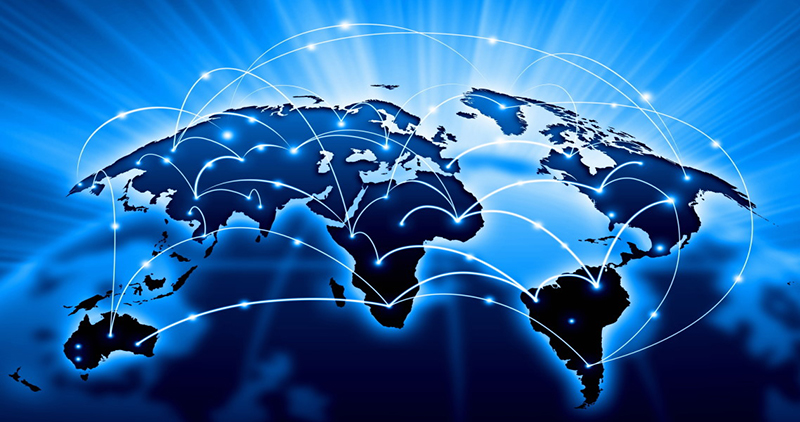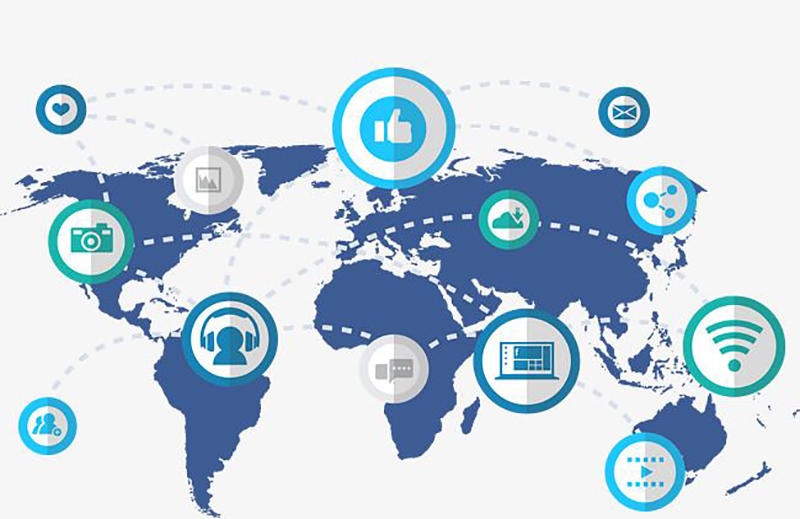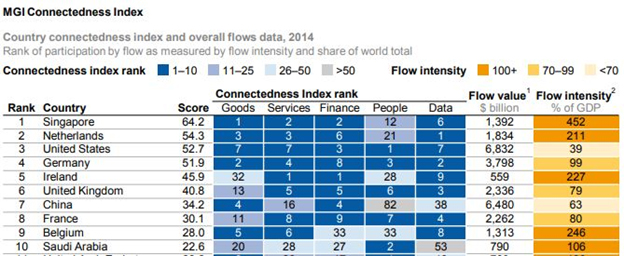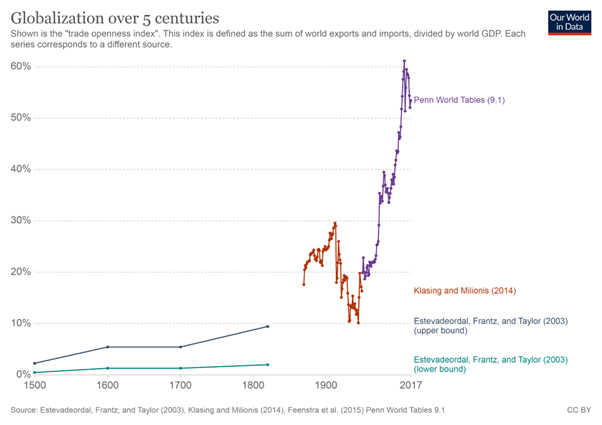Introduction
We have always are led to believe that social changes take time and bringing about social changes is nothing less than a gargantuan task. Even historical facts point fingers towards the same reality. In contrast to the historical facts, we have been witnessing a massive social change that hardly took 20 years of time and changed the face of the world.
Yes, social media, at the beginning of the century took baby steps into our lives and now dominates every aspect of our life regardless you owning a smart-phone or not. While the life of an individual is still the focus, social media has been imparting the larger global issues like elections in a democracy, climate change, geopolitics, refugee issues, civil wars, economics, international trade to improve globalization.
Globalization
Globalization is one such social change that took place at the global level and took almost 100 years to come by in total effects. Considering the scope and scale of Globalization and its impact, it is the single most important socio-economic change that brought a tectonic shift in the cognitive and emotional thinking of humankind on the earth.

What is Globalization?
An old Indian philosophy of life is “Universal brotherhood”, which is fundamental to understanding globalization. What Indians knew for 5000 years was repackaged in the global understanding of Globalization at the beginning of the 20th century. In simple words, Globalization is the assimilation of nations and people, politically, economically, and culturally, into a larger community. (Ref: https://www.americanforeignrelations.com/)
Definition
Globalization is the process of movement of people, products, services, capital, technology ,as well as, cultural values and customs from one nation to another in a borderless environment to promote interdependency of nations for greater economic growth.
When did Globalization start?
There is no definite time-line one can say for sure. However, every expert has his or her own understanding of the beginning of globalization. One believes that it started with Columbus travelling to the Americas, but Indians, Chinese, and Arabs are recorded to have been trading among themselves centuries before that.
A few reference point suggests that globalization started with the beginning of ‘silk-road’ trade. If the trade is the parameter alone, Indian history speaks of trade between India and Africa dated 1000 BCE. While a few would like to believe that it began with the industrialization in Europe.
We would like to believe that interdependency and cultural intermingling began at the beginning of the 20th century, but halted due to two world wars. With regards to the current global order, globalization began at the end of World War 2. The key character of present-day globalization lies in the fact that the nations started multi-lateral co-operation on various governmental, social, cultural, and economic aspects, and international trade found acceptance of a single currency.

Globalization and Social Media Connection
Simply explained, Social media furthers the process of globalization through the use of technology employed by social media tools.
The concept of globalization is to have borderless exchanges among societies, communities, and cultures. Social media creates exactly the same opportunities. Furthermore, with the commercialization of social media platforms, it supports global trade, service off-shoring, global activism for causes, and cultural, as well as, social amalgamation.
Hence, the impact of social media is vast and widespread on globalization, as well as, global citizens.
Digital Globalization: 6-Ways Impact
The impact of society
The first thing that social media targeted was the relationship communications among people. Facebook brought the paradigm shift in how humans build relationships and how we interact with each other. Today, 3.14 billion people out of 7.9 billion of the global population use Facebook products on a daily basis.

Regardless of their race, ethnicity, nationality, these 3.14 billion people are “friends” with each other sharing information ranging from personal likes and dislikes to pandemics and climate change. These conversations built a global opinion and pushed against those holding decision-making cards to enforce desired changes.
The impact on the economy
The first thing that globalization did was removed the trade bariers among countries creating a competitive trade environment allowing the product of one country reaching to the people of other countries. With the scope of business expansion, social media facilitated the scale of international trade by enhancing communication, providing integral information, and creating an understanding of other countries and their people.

As a result, trade among countries started to grow exponentially high with the flow of products and services from both or multiple sides. As trade opportunity grew and transportation became easy, the market from businesses broadened from local to global. Furthermore, social media has taken complete control of advertisements and business promotions. Now, an Indian innovator does not require involving newspaper agencies in New York or London for promotion. Social media Ads reach a global audience in a cost-effective manner and far more quickly than traditional mediums can ever reach.
Related Posts
Website designing and website development, what’s the difference?
To put it out there neatly, web designing and web developing are intertwined, so much so, that it…
The role of social media in the recruitment process
One thing that is omnipresent evidently after God is social media. Only the almighty can compete…
The perils of online branding
Online branding is hailed as an indispensable business strategy, often for a good reason. This…




